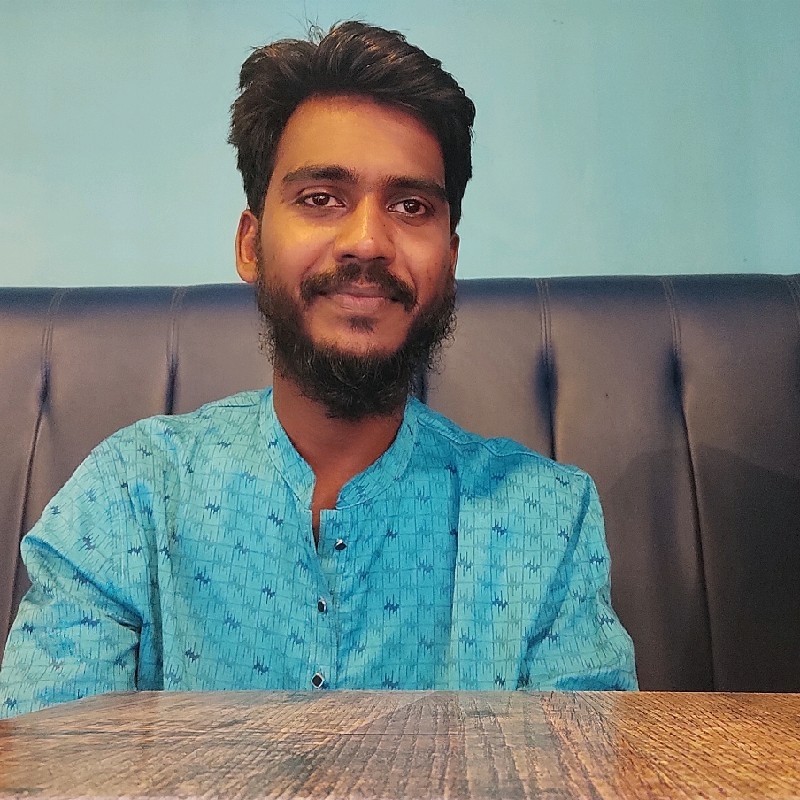Easystats for Biomedical Researchers
A Practical Guide for Easy Statistical Modeling, Visualization, and Reporting
🗓February 2 & 3, 2024 | 8:00am - 11:00pm BDT
🏨 Virtual Workshop
💥 Register with Google Forms
💥 Registration Fee: 510 BDT (for students), 1020 BDT (for professionals)
📝 To join dedicated workshop Telegram channel, follow instructions in the email “Workshops” you received after registration.
Workshop Overview
Welcome to “Easystats for Biomedical Researchers - A Practical Guide for Easy Statistical Modeling, Visualization, and Reporting.” This workshop is designed to empower biomedical researchers with the skills and knowledge needed to conduct statistical analyses with ease using {easystats} R package. In the fast-paced field of biomedical research, effective statistical modeling, visualization, and reporting are crucial components for drawing meaningful conclusions from data. This workshop aims to demystify statistical analysis, making it accessible and user-friendly for researchers.
What is easystats?
Easystats is a user-friendly and powerful R package that simplifies the statistical analysis process. It provides a set of functions and tools specifically tailored for researchers who may not have an extensive background in statistics. Easystats is designed to streamline the workflow, allowing researchers to perform complex statistical analyses without the steep learning curve traditionally associated with statistical software.
Learning objectives
By the end of this workshop, participants will:
Understand the Basics of Easystats: Gain a solid understanding of the key features and functions offered by easystats, making statistical analysis more accessible.
Conduct Statistical Modeling: Learn how to use easystats to perform various statistical models commonly used in biomedical research, such as linear regression, logistic regression, and mixed-effects models.
Create Informative Visualizations: Explore the visualization capabilities of easystats, enabling participants to effectively communicate their findings through clear and compelling charts and graphs.
Enhance Reporting Skills: Acquire skills in reporting statistical results in a concise and interpretable manner, suitable for scientific publications and presentations.
Hands-On Practice: Engage in practical exercises and case studies to reinforce the concepts learned during the workshop, ensuring participants leave with practical skills they can apply immediately to their research.
Required software
- R: http://www.r-project.org/ (FREE)
- RStudio (additional libraries required): http://www.rstudio.com/ (FREE)
Recording of classes
Class lectures will be recorded automatically using cloud. The links will be posted to CHIRAL Classes when they are available.
Is this course for me?
This workshop is tailored for biomedical researchers at various career stages, including:
Early Career Researchers: Those looking to build a strong foundation in statistical analysis for their research projects.
Clinical Researchers: Professionals involved in clinical trials and medical research seeking to enhance their statistical skills.
Laboratory Scientists: Researchers working in laboratory settings aiming to effectively analyze and interpret experimental data.
Postgraduate Students: Master’s and Ph.D. students in biomedical fields who want to strengthen their statistical analysis capabilities.
Undergraduate Students: If you are an undergraduate student aspiring to delve into the world of statistical analysis in biomedical research, this workshop provides a practical and accessible introduction. You will gain valuable skills that can be applied to your coursework, research projects, and future academic pursuits.
Anyone in Biomedical Research: If you work with data in a biomedical context and want to improve your statistical analysis, visualization, and reporting skills, this workshop is for you.
Prework
Before attending the workshop please have the following installed and configured on your machine.
Recent version of R
Recent version of RStudio
Most recent release of the gtsummary and other packages used in workshop.
instll_pkgs <- c("tidyverse", "gtsummary", "easystats") install.packages(instll_pkgs)Ensure you can knit R markdown documents
- Open RStudio and create a new Rmarkdown document
- Save the document and check you are able to knit it.
Zoom + Working Virtually
Zoom link will be emailed to students
Class sessions will be recorded and later posted
We will have lectures as well as breakout room sessions to work on labs
Please be aware that there is the option to use closed captioning:
Instructor
Bio

Hi, I am Jubayer, a highly motivated biomedical research enthusiasts with a Master of Science in Microbiology focus on public health and health data science. Research experience designing and implementing projects for biomedical data analysis (including next‑generation sequencing, RNA‑seq , and ssRNA‑seq ). I am interested in applying machine learning/deep learning tools and techniques in the context of disease diagnosis and large data analytics for public health while focusing on bridging the gap between computational and experimental laboratories through highly engaging and fruitful collaborations
Python is my primary language for data analysis and machine learning. I also have a basic understanding of R, Julia, SPSS, QGIS, and SQL.
This page highlights my teaching and research projects. Please reach out if you want to collaborate or have questions.
Skills
Programming Languages: Python, R, SQL, Julia, JavaScript; Data Science: scikit-learn, PyCaret, Dask, PySpark; GIS & Remote Sensing: ArcGIS, Geopandas, Xarray, Giovani; Analytics Softwares: SPSS, PowerBI, Microsoft Excel; Survey Tools: RedCap, KoboToolBox, EpiCollect, Google Forms; Academic Writing Tools: Microsoft Word, LaTeX, Mendeley; Bioinformatics: BioPython, Bioconductor, BioPandas, Galaxy, NGS, RNASeq, ssRNASeq; Miscellaneous Skills: UNIX, Version Control(Git), Web Scraping, APIs.
Selected Publications
- Hossain, M.J., Islam, M.W., Munni, U.R. et al. Health-related quality of life among thalassemia patients in Bangladesh using the SF-36 questionnaire. Scientific Reports 13, 7734 (2023). https://doi.org/10.1038/s41598-023-34205-9
- Towhid, S. T., Hossain, M. J., Sammo, M. A. S., & Akter, S. (2022). Perception of Students on Antibiotic Resistance and Prevention: An Online, Community-Based Case Study from Dhaka, Bangladesh. European Journal of Biology and Biotechnology, 3(3), 14–19. https://doi.org/10.24018/ejbio.2022.3.3.341
- Hossain, M.J., Towhid ST, Sultana S, Mukta SA, Gulshan R, Miah MS (2022). Knowledge and Attitudes towards Thalassemia among Public University Students in Bangladesh. Microbial Bioactives, 5(2), https://doi.org/10.25163/microbbioacts.526325.
